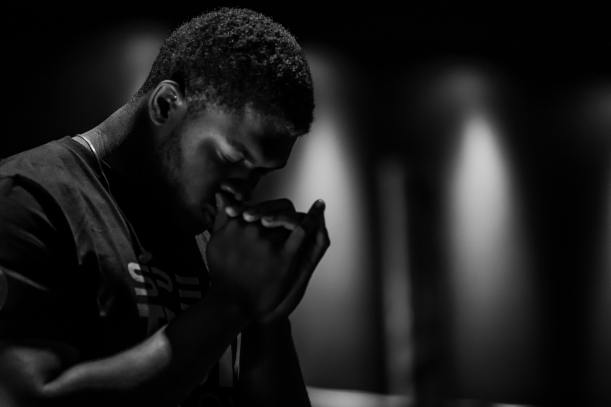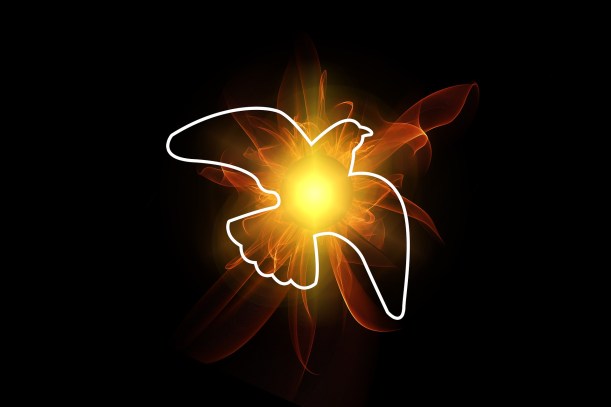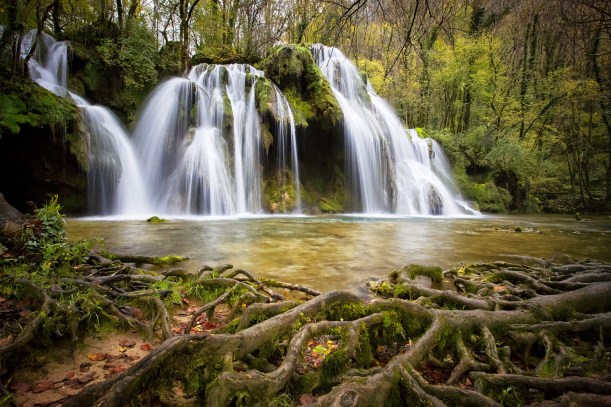Reading: Psalm 95:8-11
Psalm 95:8-9 – “Don’t harden your hearts like… when your ancestors tested me and scrutinized me.”

Continuing in Psalm 95 today, God speaks. Yesterday’s verses ended with these words from the psalmist:“If only you would listen to his [God’s] voice right now!” If only we’d always remember that God holds us and all of creation in the divine presence. If only our lives were a reflection of the joy and salvation that can be ours when we walk in a right relationship with the Lord our God.
In verses 8-9 we read, “Don’t harden your hearts like… when your ancestors tested me and scrutinized me.” While Meribah and Massah are likely unfamiliar places to us, they represent times when Israel questioned, grumbled against, and complained to God. We can name many places and times when we have done just these things. We often allow our selfish and sinful nature to harden our hearts. Even though we, as did the Israelites, see God’s “acts,” we quickly forget God’s love, care, protection, provision… The sheep of God’s pasture continue to wander into other fields.
We read about how God “despised” this generation with “twisted hearts.” We read, “They will never enter my place of rest.” When we live with a twisted heart, whether temporarily or for a season or for almost our whole lives, we displease God because we are not listening to God’s voice. When we’ve focused our hearts and lives on the things of this world, we’ve certainly experienced a lack of rest – and peace, joy, contentment… When our thoughts and actions anger God, all is not lost. God is gracious and merciful, loving and forgiving. Humbly kneeling before our maker, we can swiftly return to our place in God’s pasture. Thanks be to God!
Prayer: Lord God, oh how we can wander. Oh how our hearts can turn inward, away from all that you offer. Forgive us, Lord. Redeem and restore us. Thank you for your hand that always guides us back to you and for your love that always heals our brokenness. Amen.








